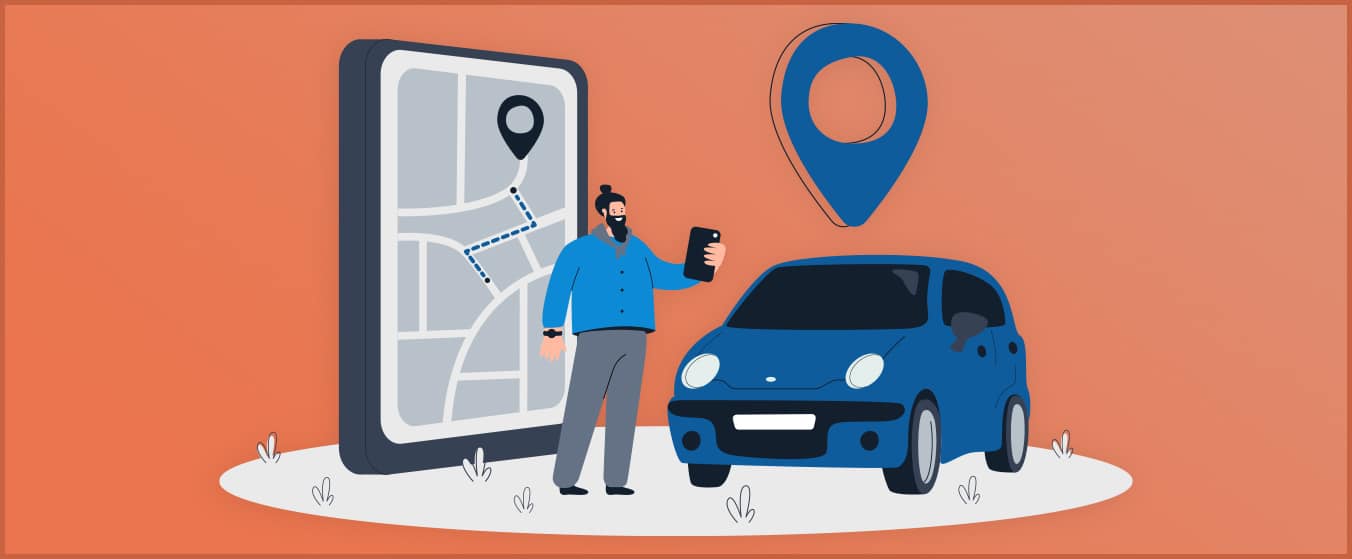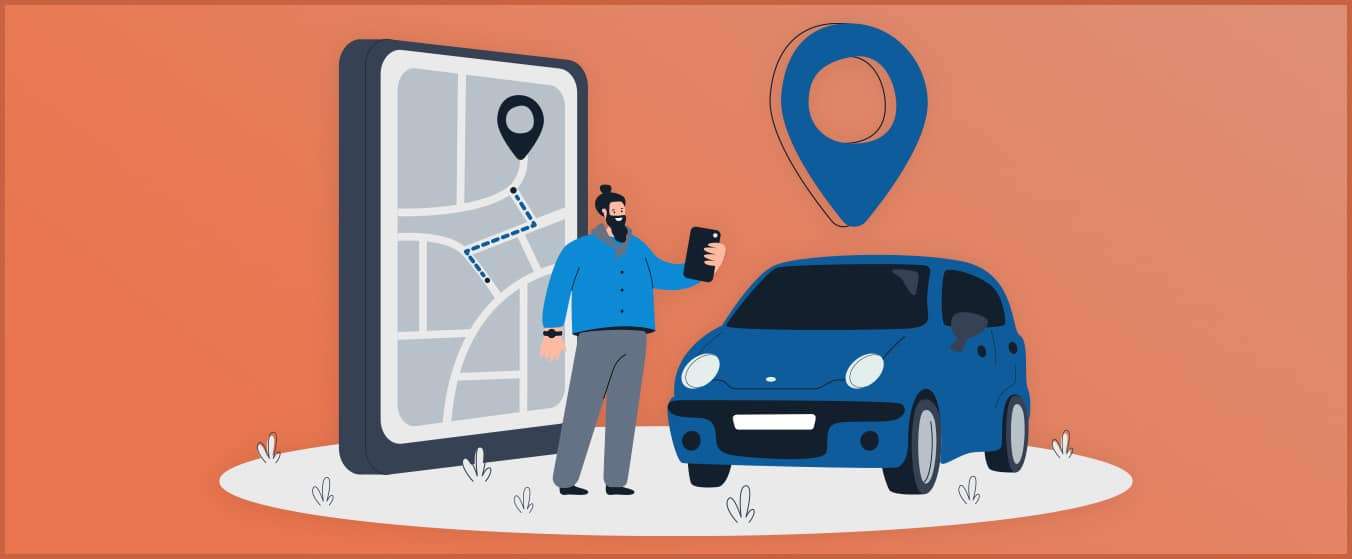- What Are Jammable GPS Trackers for Cars?
- What Are Unjammable GPS Trackers for Cars?
- How to Choose Between Jammable and Unjammable GPS Trackers for Your Fleet
- Frequently Asked Questions
GPS trackers have revolutionized fleet management, offering real-time location tracking and enhanced security. But not all GPS trackers are created equal. Some are vulnerable to jamming, while others resist interference. This guide explores the differences between jammable and unjammable GPS trackers, their pros and cons, and how to choose the right one for your fleet. Whether you need pinpoint accuracy or rugged reliability, we’ll help you make an informed decision.
What Are Jammable GPS Trackers for Cars?
Jammable GPS trackers rely on 2G, 3G, or 4G networks to transmit location data. They require a SIM card and a subscription plan to function. These trackers provide real-time tracking with high accuracy but are susceptible to signal jamming.
Key features of jammable GPS trackers include:
- Real-time location updates with precision within a few meters.
- Dependence on cellular network coverage, which may be spotty in rural or underground areas.
- Vulnerability to jammers—illegal devices that disrupt GPS signals.
- Additional functionalities like geofencing, movement alerts, and trip history.

What Are Unjammable GPS Trackers for Cars?
Unjammable GPS trackers use alternative technologies like LoRa, Sigfox, or satellite networks. They don’t require a SIM card or subscription but often come with a higher upfront cost. These trackers are resistant to jamming but offer less frequent updates.
Key features of unjammable GPS trackers include:
- Immunity to jammers, making them ideal for high-security applications.
- Long battery life, often lasting months or years without recharging.
- Operation in remote areas with no cellular coverage.
- Less frequent location updates, ranging from minutes to hours.
![]()
How to Choose Between Jammable and Unjammable GPS Trackers for Your Fleet
Both types of trackers share some common features, such as GPS receivers and transmitters, but their differences are significant. Here’s a comparison:
| Feature | Jammable GPS Trackers | Unjammable GPS Trackers |
|---|---|---|
| Network | 2G/3G/4G | LoRa, Sigfox, Satellite |
| Real-Time Tracking | Yes | No (delayed updates) |
| Jamming Resistance | No | Yes |
| Battery Life | Short (requires frequent charging) | Long (months/years) |
| Coverage | Dependent on cellular networks | Works in remote areas |

Frequently Asked Questions
What are the main advantages of jammable GPS trackers?
Jammable GPS trackers offer real-time tracking with high accuracy, making them ideal for fleet management where immediate location updates are crucial. They also support advanced features like geofencing and movement alerts.
When should I use an unjammable GPS tracker?
Unjammable GPS trackers are best for high-security applications or areas with poor cellular coverage. They’re also suitable for long-term tracking of assets or animals in remote locations.
Are GPS jammers legal?
No, gps jammers are illegal in many countries, including France, due to their potential to disrupt critical communications and navigation systems.
